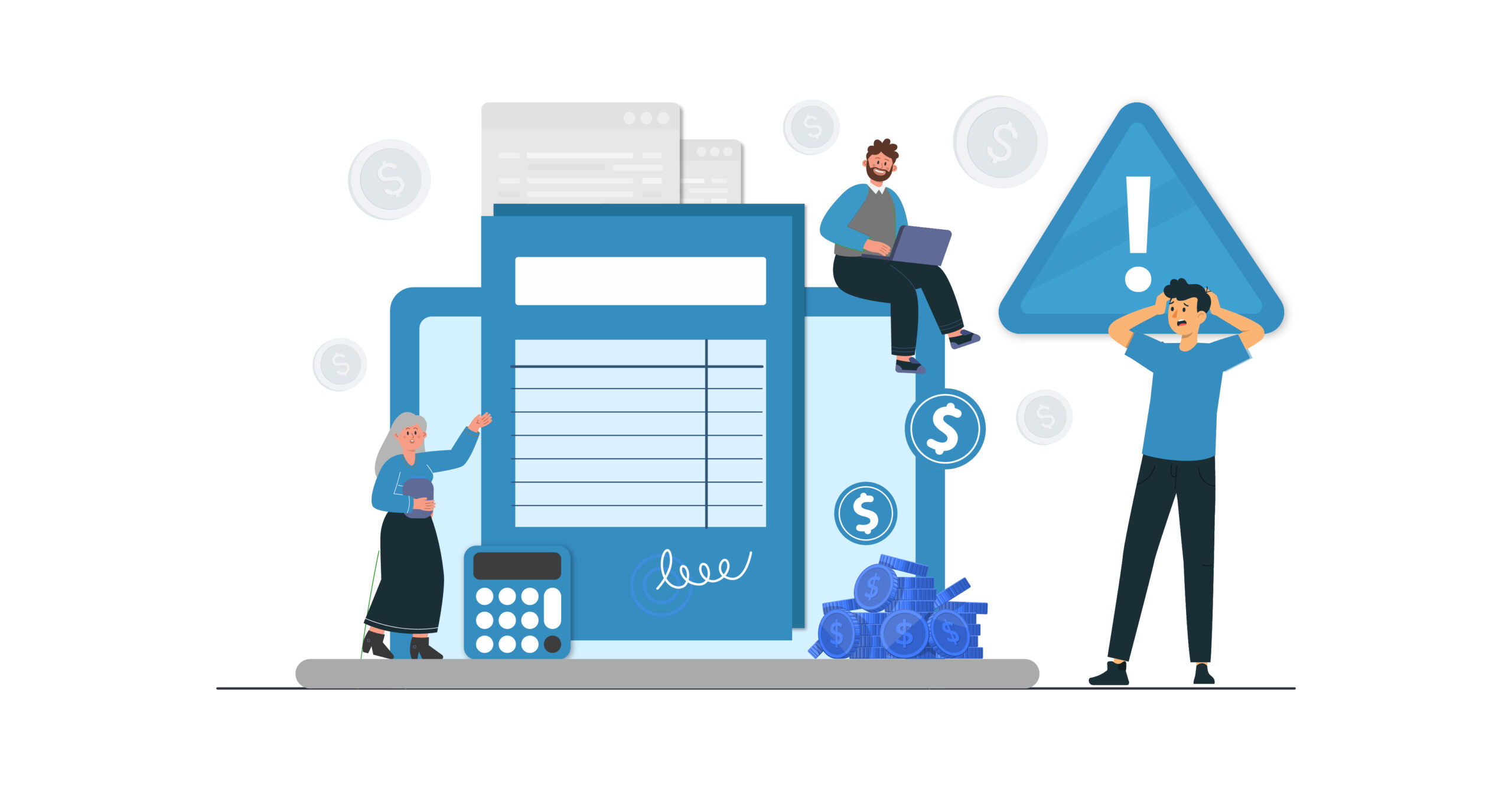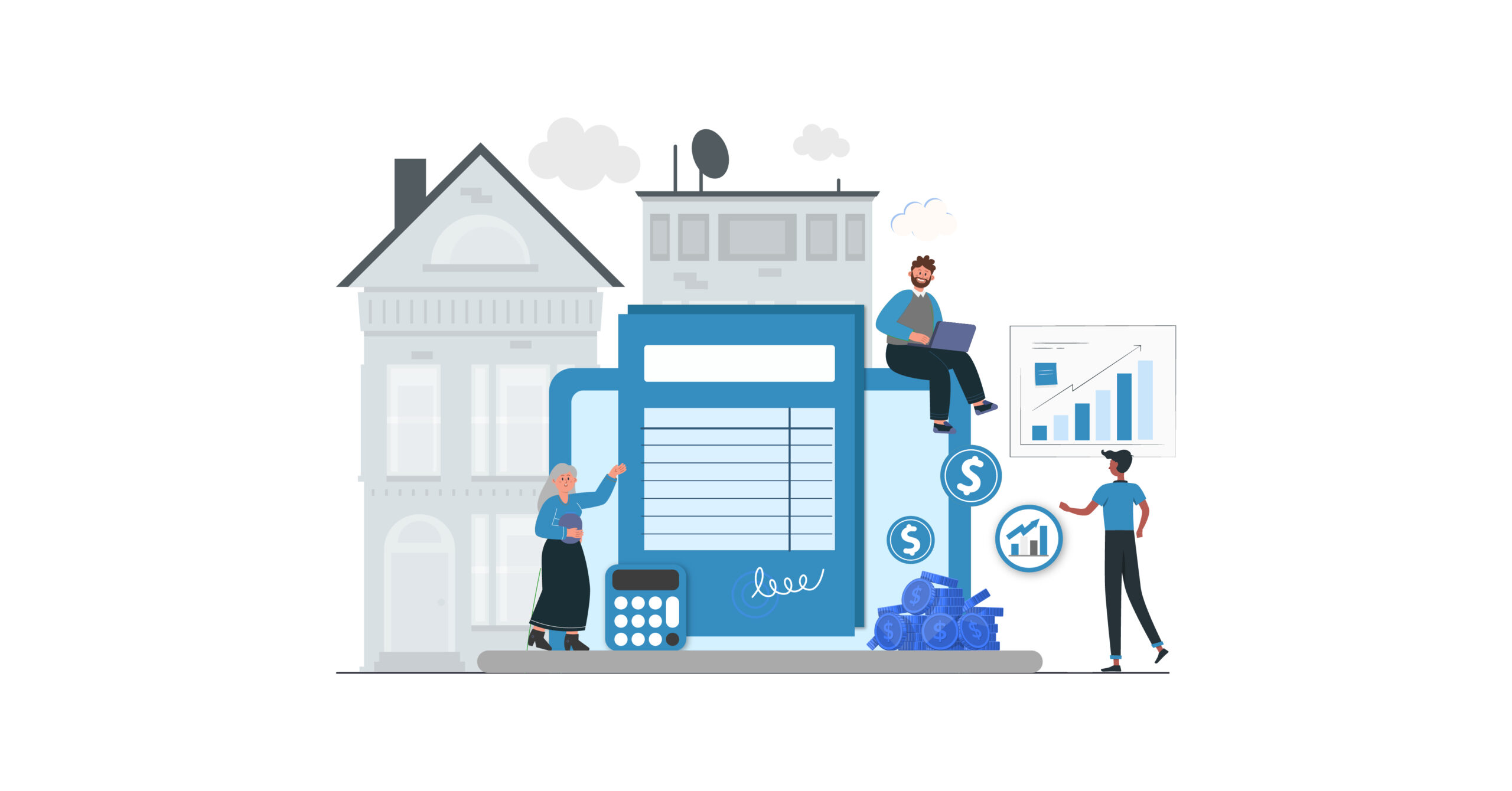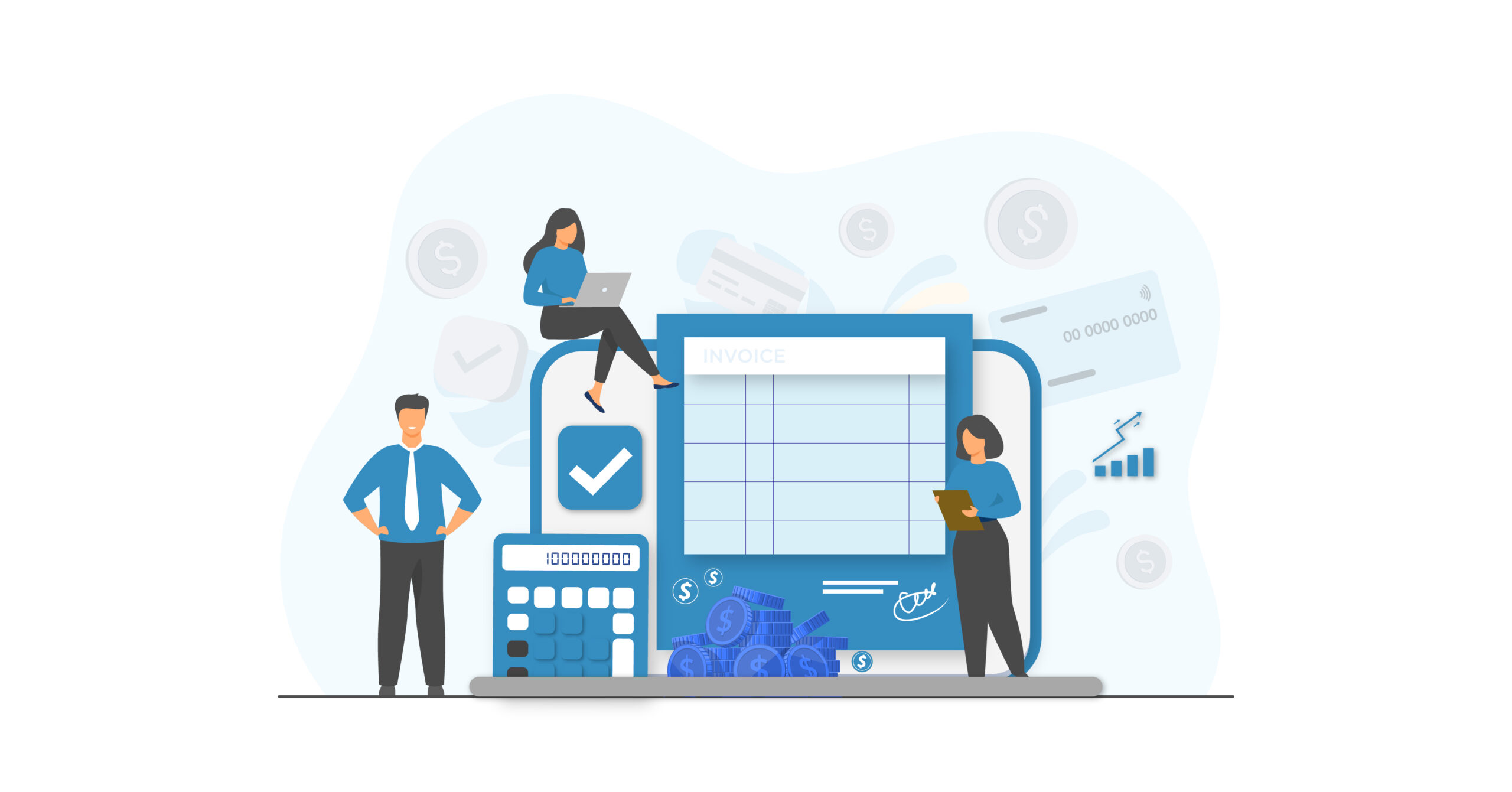Is your business bleeding money through unnoticed errors in vendor invoices? You’re not alone. In fact, 73% of invoices contain costly mistakes (source: IOFM). We’ve all felt the pain of late fees, duplicates, and mysterious charges. But there’s a solution – Vendor Invoice Auditing.
In this article we go through factors that lead to these financial leaks, and how to recoup lost revenue, all while safeguarding your invoice management with AI and automation.
The Significance of Vendor Invoice Auditing

Before we dive into the mechanics of error detection and overcharge prevention, let’s appreciate the profound significance of Vendor Invoice Auditing.
Mitigating Financial Risks
According to the Association of Certified Fraud Examiners (ACFE), organizations lose a median of 5% of their annual revenues to fraud [source: ACFE]. Within these numbers, fraudulent invoice activities are a significant contributor to these losses. Vigilance through auditing can be a potent deterrent.
Regulatory Compliance
Errors in your vendor invoices can lead to non-compliance, resulting in costly penalties. A study by Deloitte reveals that non-compliance costs companies an average of 2.71% of their global revenue [source: Deloitte]. Ensuring accurate invoices is critical for compliance.
Safeguarding Your Assets
Visualize your business profits as a treasure chest, and Vendor Invoice Auditing as the lock guarding it. This practice ensures that errors, overcharges, and potential fraud don’t deplete your hard-earned wealth.
Identifying Common Errors

During your Vendor Invoice Audit, it’s crucial to keep a watchful eye out for common errors that can lead to overcharges and inaccuracies. Here are the prevalent issues to look out for, each enriched with statistical data:
Pricing Discrepancies
Vendors may inadvertently or intentionally charge incorrect prices for products or services. Cross-referencing these prices with contract agreements is essential. Price errors can lead to significant financial losses, and a study by PayStream Advisors found that 41% of organizations consider incorrect prices a major challenge [source: PayStream Advisors].
Duplicate Invoices
Duplicate invoices are a persistent challenge. If overlooked, they can result in overpayments. According to the Institute of Finance & Management (IOFM), duplicate payments account for 0.05% to 0.1% of invoice value, which can add up quickly for larger organizations [source: IOFM].
Mathematical Errors
Even seemingly simple arithmetic errors can snowball into significant discrepancies in the total amount. A report by the Hackett Group indicates that payment errors constitute 1.2% to 1.5% of all invoices processed [source: Hackett Group].
Unauthorized Charges
Unapproved or unauthorized charges can sometimes find their way into invoices. Vigilance is essential to ensure you only pay for agreed-upon services. A study by Levvel Research found that unauthorized charges account for 5-7% of all invoices [source: Levvel Research].
Quantity Discrepancies
Mismatched quantities on invoices compared to the actual goods received can result in overpayments. Studies have shown that quantity errors account for approximately 12% of invoice discrepancies [source: Accounts Payable Network].
Late Payment Penalties
Late payment fees can significantly impact your bottom line. On average, late payment penalties constitute about 3% of invoice value [source: PYMNTS.com]. Identifying these fees during auditing can help you avoid unnecessary expenses.
Payment Term Non-Compliance
Vendors may sometimes not comply with agreed-upon payment terms. This can lead to cash flow issues and potential disputes. Non-compliance can lead to a lot of leakage in your cash flow causing major challenges.
Best Practices in Vendor Invoice Auditing
To conduct an effective audit, consider implementing these best practices for completely transforming your invoice management:

- Embrace Technology
Incorporate invoice automation solution that leverages automation and data analytics. According to a survey by Deloitte, 87% of businesses consider digital transformation to be a priority for the future of their account’s operations [source: Deloitte].
- Regular Audits
Don’t relegate invoice auditing to a year-end task. Regular, ongoing audits ensure that errors and overcharges are promptly identified and rectified, preventing long-term financial issues.
- Collaboration Across Departments
Effective Vendor Invoice Auditing requires collaboration with various departments within your organization, such as procurement and finance. Together, these teams can ensure a comprehensive and accurate audit process.
- Supplier Communication
Maintain open communication with your suppliers to prevent disputes and reduce the risk of future errors. It’s essential to have a working relationship that encourages transparency.
- Continuous Training
Invest in training for your accounts payable team to better equip them to identify errors and discrepancies. Well-trained staff can contribute significantly to the accuracy of your auditing process.
- Performance Metrics
Implement key performance indicators (KPIs) to measure the effectiveness of your auditing process. Tracking performance metrics helps identify areas for improvement and ensures that your audits are achieving their intended goals.
Simplify Auditing with Invoice Automation
Now that we’ve navigated the processes and challenges of vendor invoice auditing, lets see how to simplify it, with a little help from Invoice Automation.
Invoice Automation does all the heavy lifting, from using OCR to match line-item details to ensuring full compliance – it’s got you covered and then some!
Think about the time and money you can save when you don’t have to worry about pricing discrepancies, duplicate invoices, or human errors. With real-time insights and analytics available at your fingertips, you can make informed decisions faster than ever before.
Simplicity is your all and watch your auditing journey become a breeze. Your success is just a click away.





